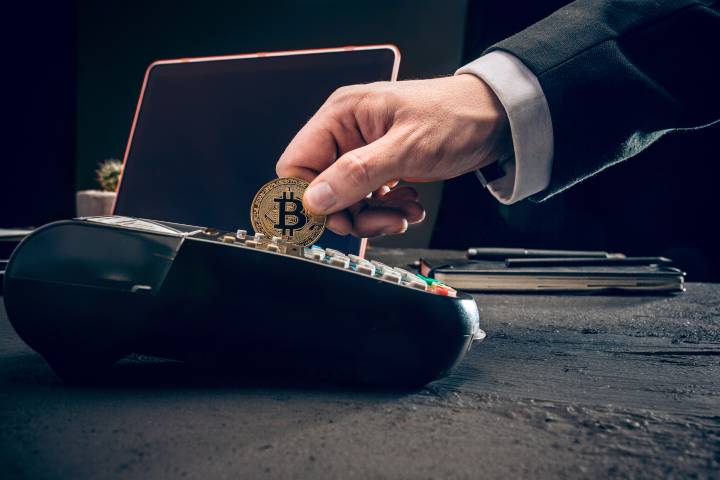It is technically possible to buy goods for Bitcoin today. Can view a complete list of outlets working with Cryptocurrencies on CoinMap. There are examples of significant transactions for bitcoins – for example, with real estate. There are cards (Wirex, CryptoPay, BitPay, Xapo and others) that allow you to quickly convert cryptocurrency to fiat and pay at any point where Visa or MasterCard is accepted.
It is mainly high volatility, that is, frequent and sharp fluctuations in value, that prevent bitcoin from becoming a full-fledged means of payment. Most cryptocurrency owners today perceive digital assets as a speculative instrument. They prefer to hold them or trade them in the hope of making money rather than spending on goods and services.
Every year, new cryptocurrencies and new ways to use them appear. Despite the conservative attitude of government authorities towards Bitcoin, some governments are exploring options for creating their cryptocurrencies. There are already cases with national cryptocurrencies (for example, Venezuelan El Petro). China is developing its national cryptocurrency.
Cases with national cryptocurrencies show that states are interested in blockchain technology but do not like a decentralized issuance of financial assets. National cryptocurrencies – essentially stable coins – are digital coins on the blockchain-backed by national currency, gold, oil or other investments.
The state controls their release and emission. But it is still difficult to say what place centralized state cryptocurrencies will occupy in the global financial system and whether they will squeeze out bitcoin.
Disputes about which currency will become the primary means of payment have been going on for a long time, the opinions of experts and analysts are often opposite:
- Co-founder and former CEO of BTCC crypto exchange Bobby Lee believe that in 9 years, Bitcoin will cost $ 500,000 and surpass gold in capitalization.
- US Federal Reserve Chairman Jerome Powell admitted at a hearing in the US Senate Banking Committee; there is a chance that a global cryptocurrency could change the global financial system. It is theoretically possible only if cryptocurrencies are massively adopted.
- The world’s richest investor, Berkshire Hathaway CEO Warren Buffett, does not believe in Bitcoin and advises against investing in it.
- Microsoft founder Bill Gates called bitcoin the most speculative thing in the world, and investing in it – the theory of the big fool in its purest form.
- The head of JP Morgan Chase said that the surge in popularity of cryptocurrencies is short-lived and can compare the sharp rise in their value with the increase in prices for tulip bulbs in the Netherlands in the 17th century.
- Economist Nouriel Roubini, financial expert Peter Schiff, and many other analysts don’t believe in cryptocurrencies.
Different experts and investors have entirely different opinions on the prospects for cryptocurrency – from falling to zero to rising to $ 100,000-1,000,000.
At the moment, cryptocurrencies cannot replace fiat money as a means of payment. Of the three functions of money (a measure of value, a means of payment and a store of value), bitcoin today performs one well: it is used mainly as a means of accumulation and speculation.
But as the industry develops, the situation may change. After all, bitcoin is convenient for settlements due to its good divisibility (1 BTC includes 100,000,000 particles – satoshi) and the possibility of fast and cheap transfers. It is also possible that in addition to Bitcoin, a new global cryptocurrency will appear in the future, which will change the balance of power in the financial arena.
Also Read: New Gold Or Bubble: Will Cryptocurrencies Replace Regular Money








